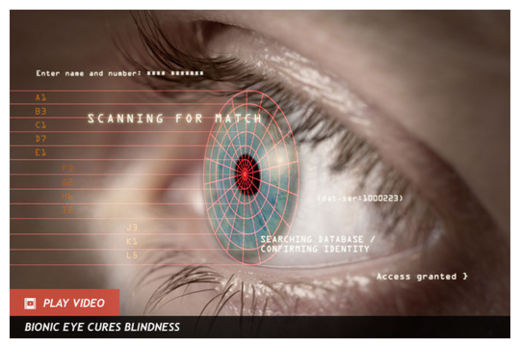OF THE
TIMES
I've had enough of someone else's propaganda. I'm for truth, no matter who tells it. I'm for justice, no matter who it's for or against. I'm a human being first and foremost, and as such I am for whoever and whatever benefits humanity as a whole.
Great mobile bases that happen to tap into oil reserves. Burning carnage is all I can foresee there, not to mention excess pollution into already...
The solar system takes around 24,000 years to fully rotate. The only records humans have that go back that far are cave paintings and rock...
If you do not understand how ludicrous these requirements are, let a hardcore veteran environmentalist explain it to you. Read "Apocalypse Never"...
Horror starts in the family home. No need to point fingers out there 🙈
Mr Miliekowsky is a homicidal maniac and a liar. Nobody should take anything he says for granted. Both his and biden's admin are panicking because...
To submit an article for publication, see our Submission Guidelines
Reader comments do not necessarily reflect the views of the volunteers, editors, and directors of SOTT.net or the Quantum Future Group.
Some icons on this site were created by: Afterglow, Aha-Soft, AntialiasFactory, artdesigner.lv, Artura, DailyOverview, Everaldo, GraphicsFuel, IconFactory, Iconka, IconShock, Icons-Land, i-love-icons, KDE-look.org, Klukeart, mugenb16, Map Icons Collection, PetshopBoxStudio, VisualPharm, wbeiruti, WebIconset
Powered by PikaJS 🐁 and In·Site
Original content © 2002-2024 by Sott.net/Signs of the Times. See: FAIR USE NOTICE

Reader Comments
to our Newsletter